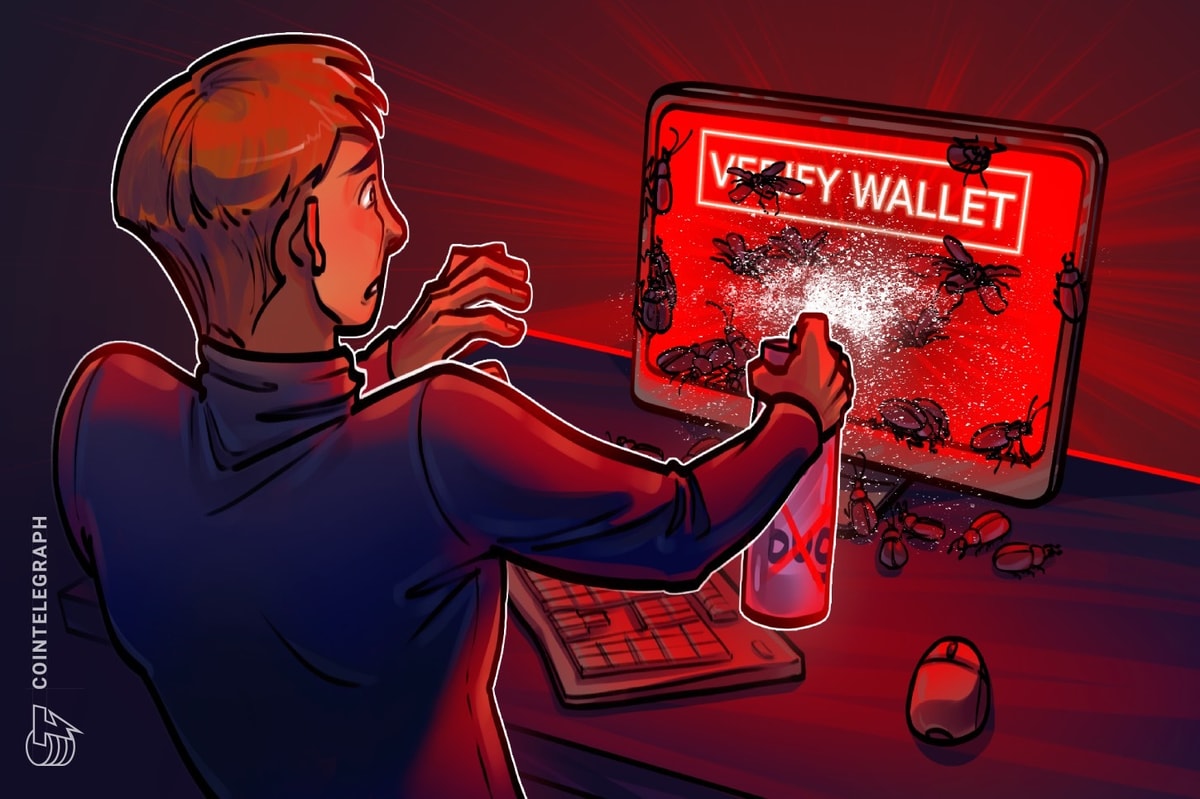A price-tracking website for cryptocurrencies Coinmarketcap has allegedly removed a malicious popup notification on its website, which motivates users to verify their cryptocurrency wallets, according to a post on their official X account.
“We have identified and removed the malicious code from our site,” coinmarketcap Said In a post on Friday.
Coinmarketcap has not investigated this issue
“Our team continues to investigate and take steps to strengthen our security,” he said.
Amid several reports on social media, Coinmarketcap publicly updated after three hours after addressing malicious notification.
“We know that a malicious popup inspires users to” verify the wallet “, appeared on our site,” Coinmarketcap Said Those days.
Many crypto users on X said that malicious popup seemed to be a fishing scam, A crypto scam This involves involving the victims in giving their personal key or personal information. Hackers often kidnap Create trusted accounts or fake Those who appear to be valid for posting a fishing link.
Crypto User Ari Said Notification “asks to add the wallet and then asks for approval for ERC -20 tokens.”
Coinmarketcap warned users not to connect their wallets and repeat that they were working on “solving the problem”.
Metamaska and Phantom quickly saw the issue
Crypto user jet Claimed The digital asset wallets, metamasks and Phantom gave it “Lal-Jakka”.
Connected: Crypto VC Partner loses ‘Life Savings’ during fake zoom call
At the time of publication, users with a Phantom Wallet Browser extension have been shown a warning that the website is “unsafe to use” according to further investigation by the website Cotesfolk.
The incident occurred nearly four years after hacking Coinmarketcap in October 2021, resulting in more than 3.1 million leakage (3,117,548) User email addresses,
Information came out after hacked email address trades and sold online on various hacking forums and I came to know that I am pwned, a website dedicated to tracking hacks and compromising with online accounts.
magazine: Arthur Hes does not care when his bitcoin predictions are completely wrong



